Colleen J. McElroy (1935-2023)
WHAT MADNESS BROUGHT ME HERE: NEW AND SELECTED POEMS, 1968-1988, Colleen J. McElroy. Wesleyan University Press, Hanover and London, 1990, 107 pages. Out of Print.
I had this mad idea that I would—instead of doing my usual blogfest of poetry book reviews in April (National Poetry Month)—review a book each week this year.
The problem being that there is no time this week to sit quietly reading a book of poems, save my own. (In-person launch Thursday, 4 January, Edmonds Bookshop, 6 p.m. For a review of my book, visit Debra Elisa’s blog: https://www.l-i-t.org/read-bethany-reids-latest-poetry-collection-the-pear-tree-elegy-for-a-farm/).
Then it occurred to me that there is no better time to share a poem from my MFA advisor and mentor, Colleen J. 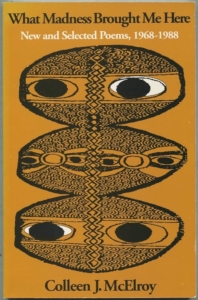 McElroy, who died in December. I have almost all 16 of her books, most of them signed by her. I considered her a friend, as well, and am ashamed that I hadn’t seen her since before 2020.
McElroy, who died in December. I have almost all 16 of her books, most of them signed by her. I considered her a friend, as well, and am ashamed that I hadn’t seen her since before 2020.
A great soul with a voracious appetite for travel, music, and language, she touched innumerable lives, and I am lucky to count myself among them.
I won’t pretend this is a review, just an appreciation.
Looking into the Eyes
finally is Gabriel Garcia Marquez’s feet
this falling in love with book jacked photos
how writers hide everything
in metaphors of frowns as if contemplating
the separation of sky and ground
details that go unnoticed on crowded streets
are embellished by profiles etched
in the ebony and ivory
of chiaroscuro mystery
the way the head tilts determines
whether you will buy the bookyou check poems against the slant
of nose and curl of lip as if
symbols unravel there hollowed
in the corner of the left eye as if
the chapter will somehow gain meaning
once that small scar beside the right
ear is properly highlighted and put
into proper perspectivebackgrounds are filled with allusions
like images drawn from a sixteen-year-
old’s dreams of how poets dream
look into the eyes
home is always some lonely country
or some lover’s promise to return soon
features converge into anthologies
of lines until finally it is no longer
the face but the luscious curve of ankle
the arched toe the little one turned
inward coyly hiding some sweet secret—Colleen J. McElroy (this poem originally published in Lie and Say You Love Me, Circinatum Press, 1981)
To see more poems, visit Poetry Foundation. You can learn more about Professor McElroy at this article in The Seattle Times, or visit Historylink.org, Washington State’s on-line encyclopedia, to read my 2012 biography of her (now updated).


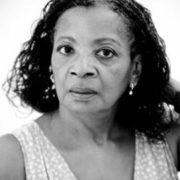
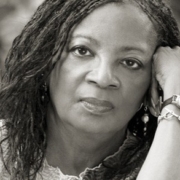
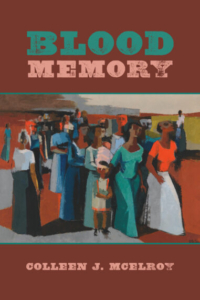 If I had to characterize her in one word, it would be “storyteller.” Yes, she taught us (a lot) about poetry and the making of poems, but part of the glamor of her classes, for me, was when she would lean back in her chair, half-close her eyes, and begin telling a story. She put all of us in a trance.
If I had to characterize her in one word, it would be “storyteller.” Yes, she taught us (a lot) about poetry and the making of poems, but part of the glamor of her classes, for me, was when she would lean back in her chair, half-close her eyes, and begin telling a story. She put all of us in a trance.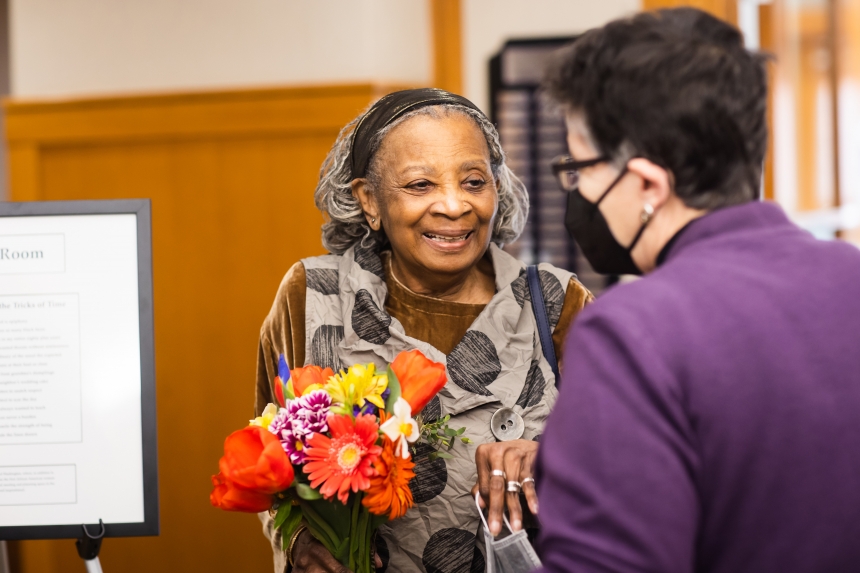


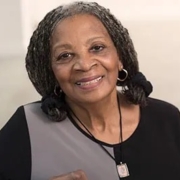
 about Colleen, and to
about Colleen, and to